
Atlantic Ocean Currents | Sargasso Sea
Subscribe to Never Miss an Important Update! Assured Discounts on New Products!
Must Join PMF IAS Telegram Channel & PMF IAS History Telegram Channel
Last updated on April 17, 2024 7:20 PM
Atlantic Ocean Currents
- The behavior of the Atlantic Ocean Currents is quite significant because of their influence on the climate of North-western Europe, climate of North-Western Africa and fishing in the Grand banks region.
Equatorial Atlantic Ocean Currents
- Under the influence of prevailing trade winds [easterly trade winds], the north equatorial current and the south equatorial current start from the eastern Atlantic (west coast of Africa), moving from east to west.
- This raises the level of western Atlantic (north of the Brazil bulge) ocean by few centimeters. And this creates a counter-equatorial current which flows between the north equatorial current and the south equatorial current in west-east direction.
Antilles current
- The south equatorial current bifurcates into two branches near Cape de Sao Roque (Brazil).
- Part of the current enters the Caribbean Sea along with north equatorial current into the Mexican Gulf, while the remainder passes along the eastern side of the West Indies as the Antilles current.
- There is a rise in water level in the Mexican Gulf because of large amounts of water brought by the Mississippi river and branches of north and south equatorial currents.
Gulf Stream and North Atlantic Drift
- Antilles current creates a current that flows out through the Strait of Florida as Florida current, which mixes with Antilles current from the south.
- This combined current moves along the east coast of USA and is known as the Florida current upto the Cape Hatteras and as the Gulf Stream beyond that.
- Near the Grand Banks, the Gulf Stream mixes with cold Labrador and East Greenland currents and flows eastward across the Atlantic as the North Atlantic Drift.
- Here, westerly movement of North Atlantic Drift is due to the influence of westerlies.
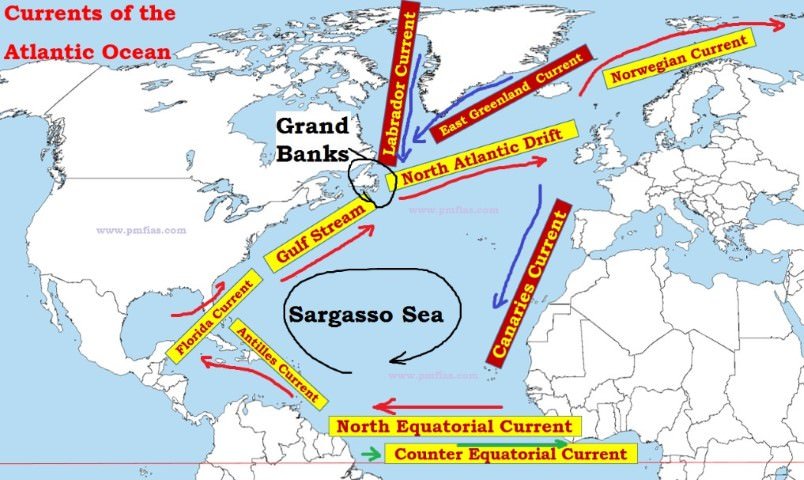
Norwegian current
- The North Atlantic Current breaks up into two branches on reaching the eastern part of the ocean.
- The main current, continuing as the North Atlantic Drift, reaches the British Isles from where it flows along the coast of Norway as the Norwegian current and enters the Arctic Ocean.
- Norwegian current is very important as it keeps ocean to the north of Norway partly free from ice and also moderates the extremes of climate. It is because of this current, Russia is able to move cargo in summers through Arctic ocean (Barents Sea).
- The southerly branch flows between Spain and Azores as the cold Canary current.
- This current finally joins the north equatorial current completing the circuit in the North Atlantic.
- The Sargasso Sea, lying within this circuit, is full of large quantities of seaweed and is an important geographical feature.
Sargasso Sea
|
Grand Banks-Richest Fishing Grounds on Earth
- The two cold currents—East Greenland current and the Labrador current—flow from the Arctic Ocean into the Atlantic Ocean.
- The Labrador current flows along part of the east coast of Canada and meets the warm Gulf Stream.
- The confluence of these two currents, one hot and the other cold, produce the famous fogs around Newfoundland.
- As a result of mixing of cold and warm waters, one of the world’s most important fishing grounds is created.[Explained in the previous post: Pacific Ocean Currents – Fishing and Phytoplankton]
Brazil current
- In the South Atlantic Ocean, the south equatorial current, flowing from east to west, splits into two branches near Cape de Sao Roque (Brazil).
- The northern branch joins the north equatorial current (a part of it flows in Anatilles Current and other into Gulf of Mexico), whereas the southern branch turns southward and flows along the South American coast as the warm Brazil current.
- The south flowing Brazil current swings eastward at about latitude 35°S (due to westerlies) to join the West Wind Drift flowing from west to east.
- A small branch of West Wind Drift splits and flows between Argentinian coast and Falkland Islands and this current is called as Falkland cold current.
- It mixes with warm Brazil current at the southern tip of Brazil.
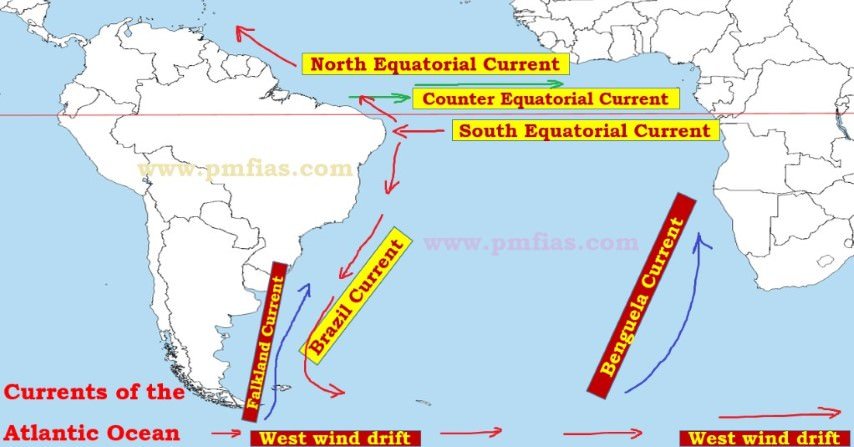
Benguela current
- A branch of the South Atlantic splits at the southern tip of Africa and flows along the west coast of South Africa as the cold Benguela current, which joins the south equatorial current to complete the circuit.
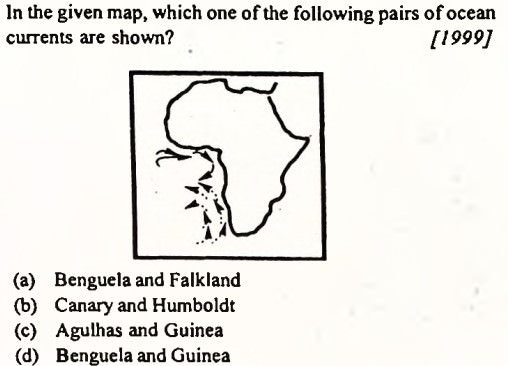
Primary References: NCERT Geography, Spectrum’s Geography [Amazon and Flipkart] and Savindra Singh [Amazon and Flipkart]
Last updated on April 17, 2024 7:20 PM





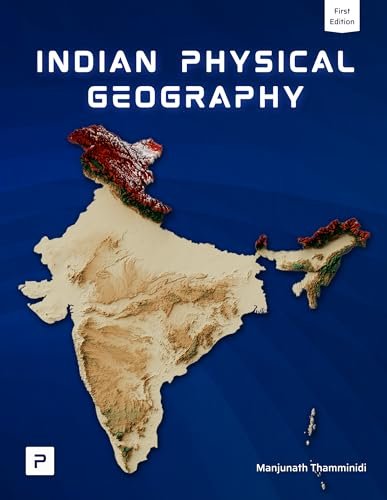
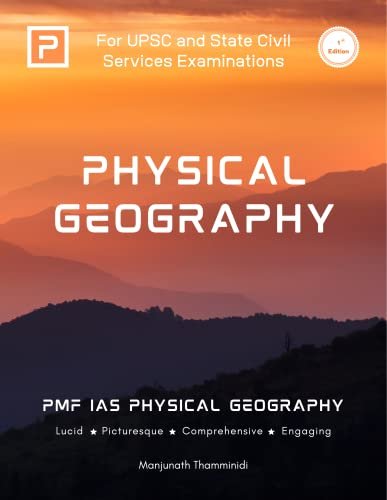
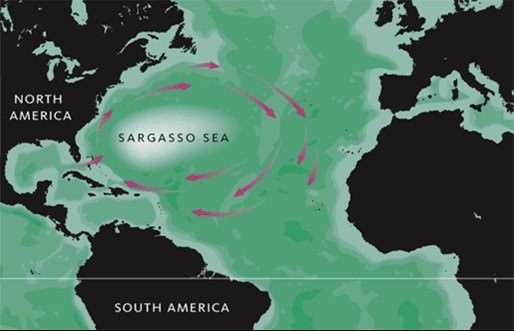
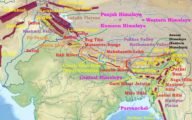
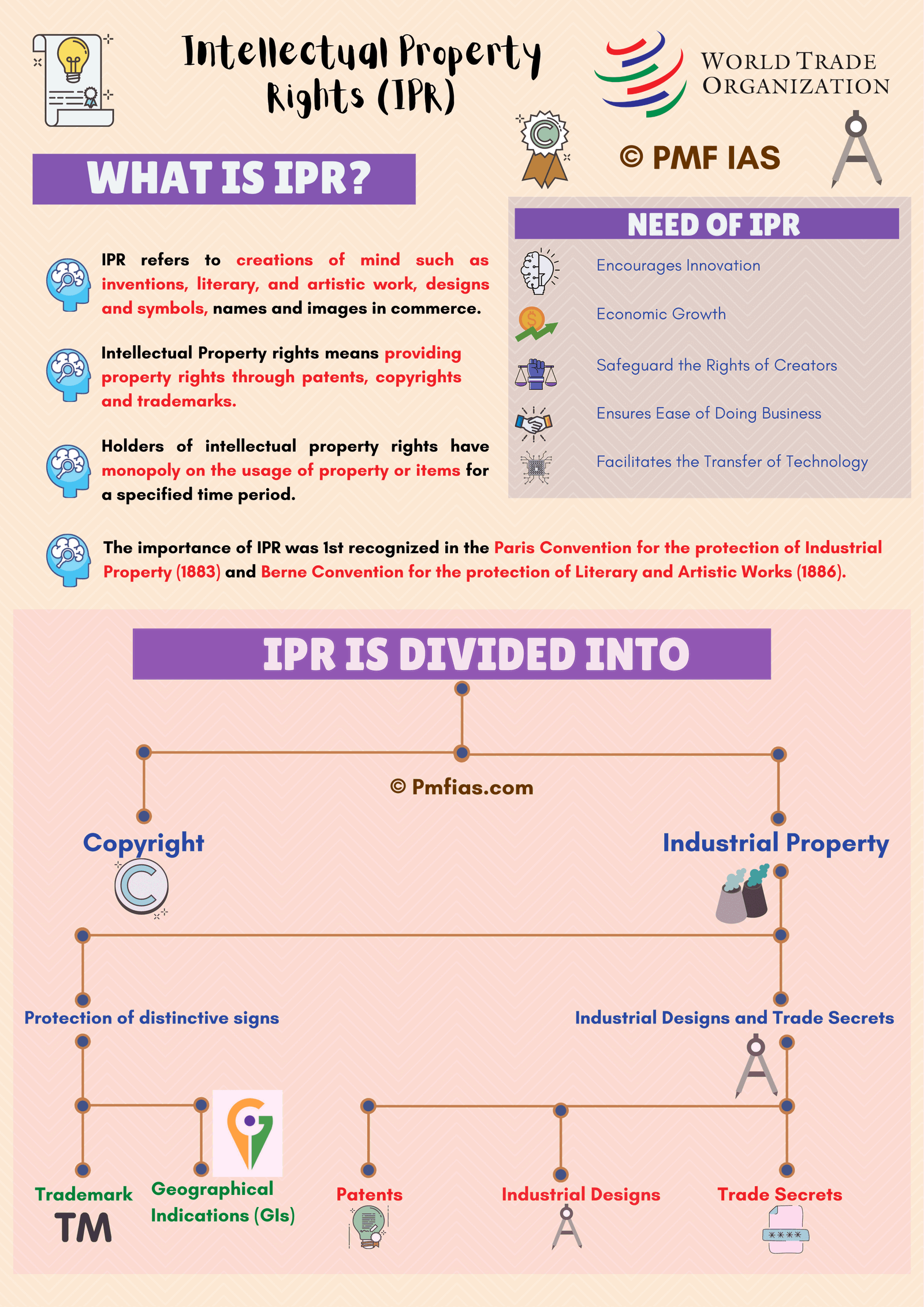
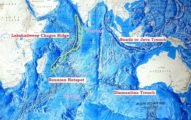
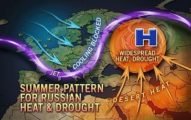

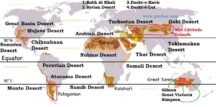

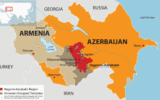



There is an error in the ‘Gulf Stream and North Atlantic Drift’ section.
Error: WESTERLY movement of North Atlantic Drift is due to the influence of westerlies
Correction: EASTWARD movement of North Atlantic Drift is due to the influence of westerlies
Westerly means coming from west and moving in toward east …….eg – Westerlies
So , westerly winds have Eastward movement
Westerly means coming from west and moving towards the east …….eg – Westerlies
So , westerly winds have Eastward movement